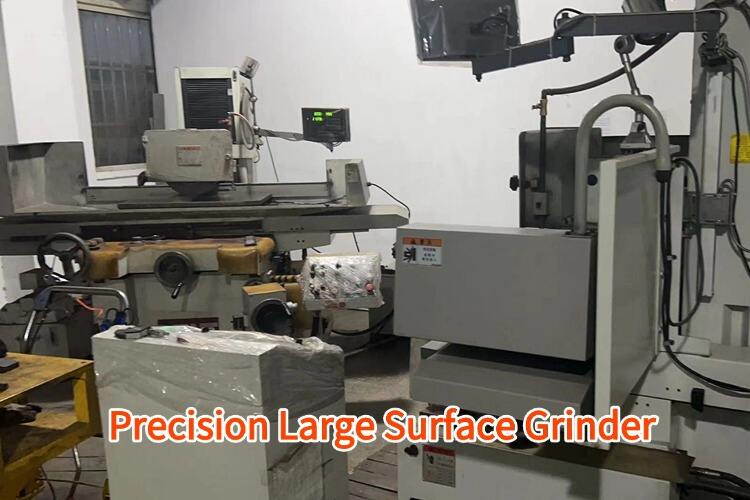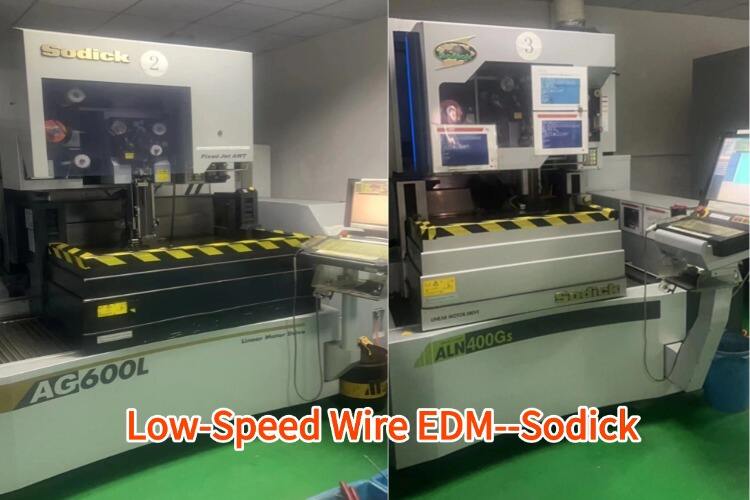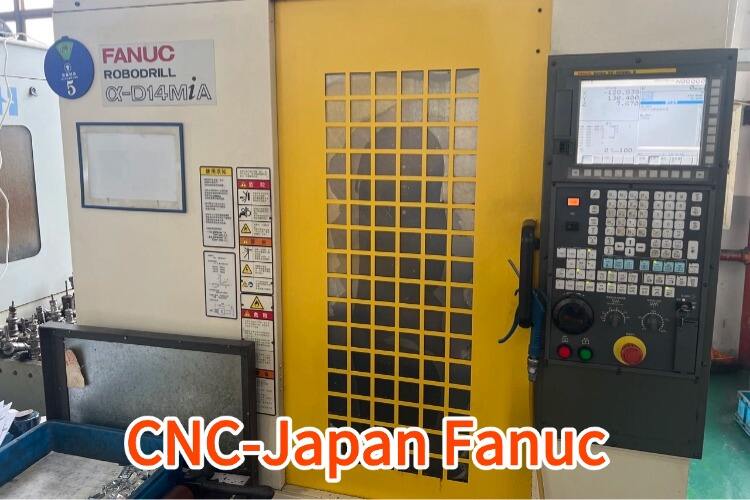precision stamping
Precision stamping represents a sophisticated manufacturing process that delivers exceptionally accurate metal components through controlled force application. This advanced technique employs specialized tools and dies to create complex shapes and intricate details in metal materials, maintaining tight tolerances and superior dimensional accuracy. The process involves progressive die operations, where metal sheets or strips pass through multiple stations, each performing specific forming operations. Modern precision stamping incorporates advanced automation systems, real-time quality control monitoring, and computer-aided design integration to ensure consistent output quality. The technology excels in producing high-volume components while maintaining exceptional precision, making it ideal for industries requiring reliable, repeatable results. Applications span across automotive components, electronic connectors, medical devices, aerospace parts, and consumer electronics, where precision and consistency are paramount. The process accommodates various materials, including stainless steel, copper alloys, aluminum, and specialized metals, offering versatility in manufacturing solutions.


